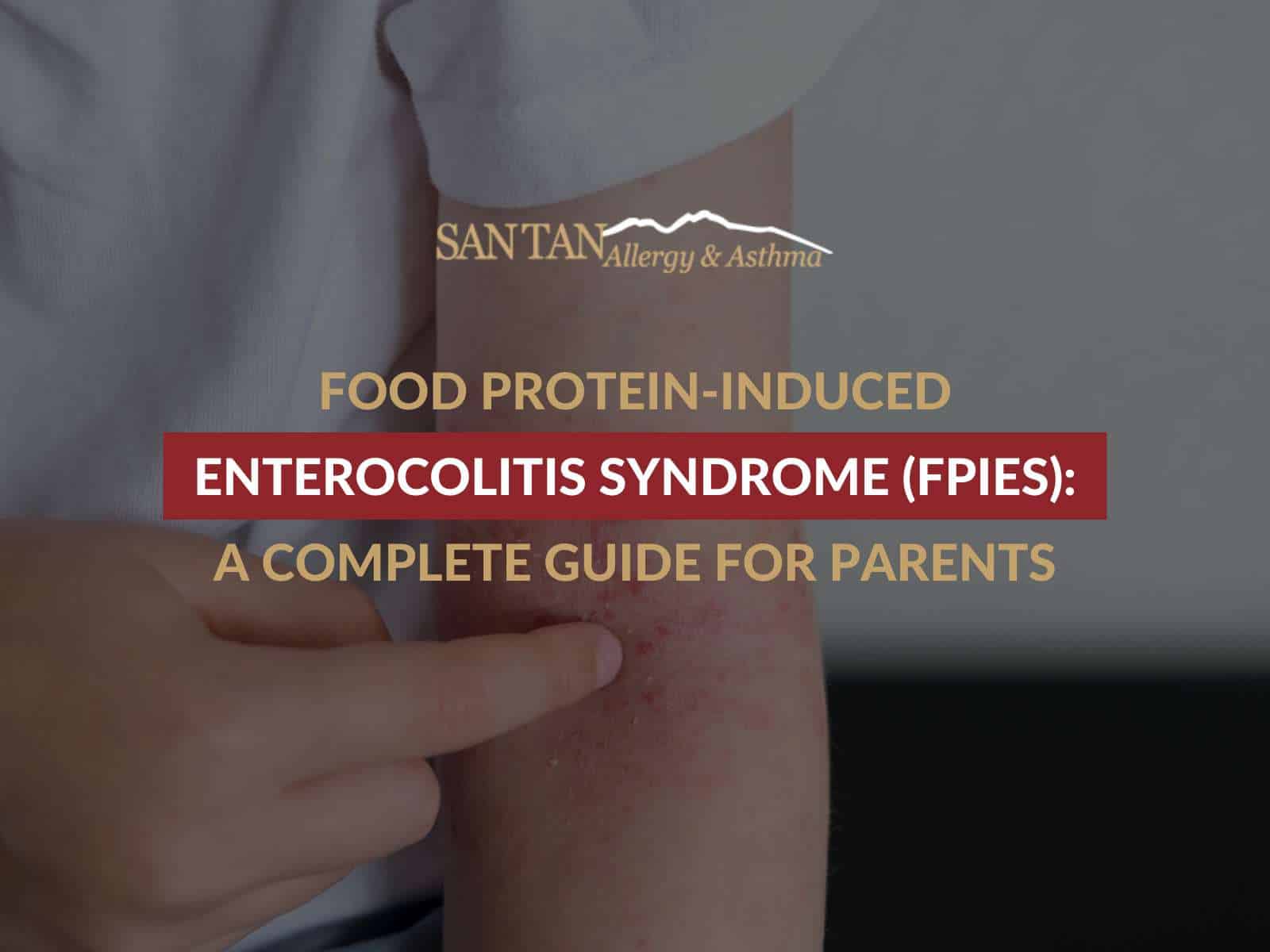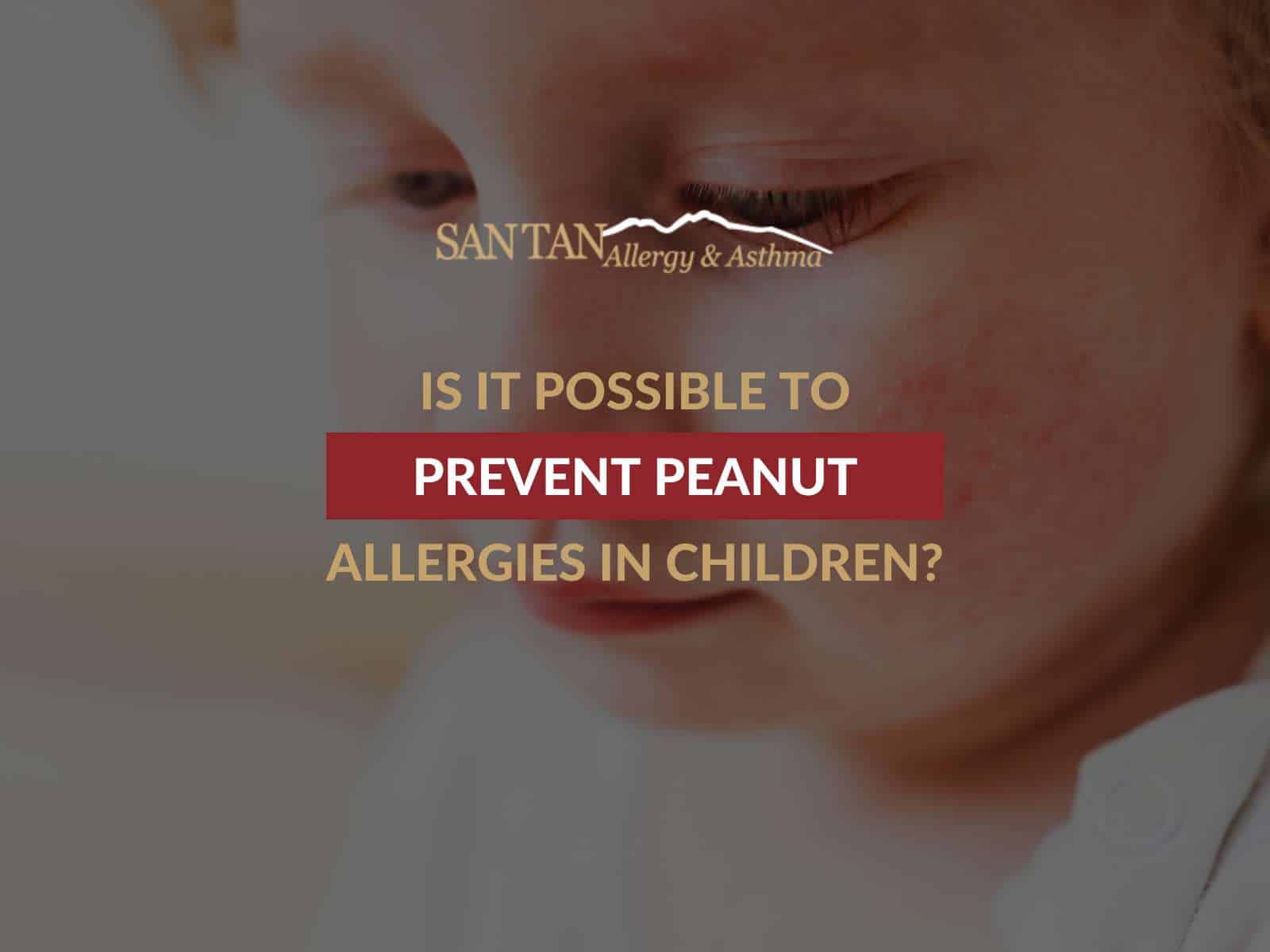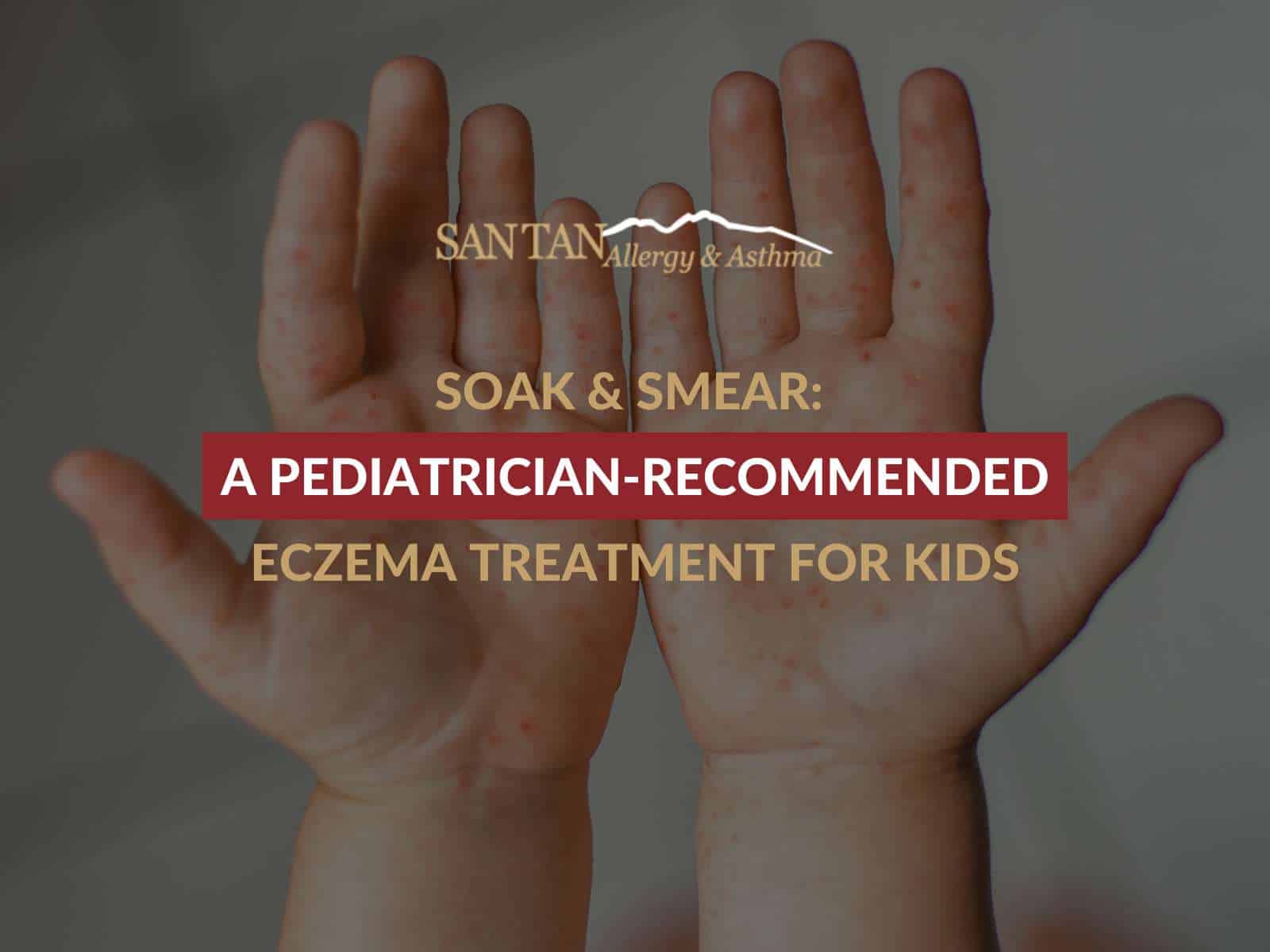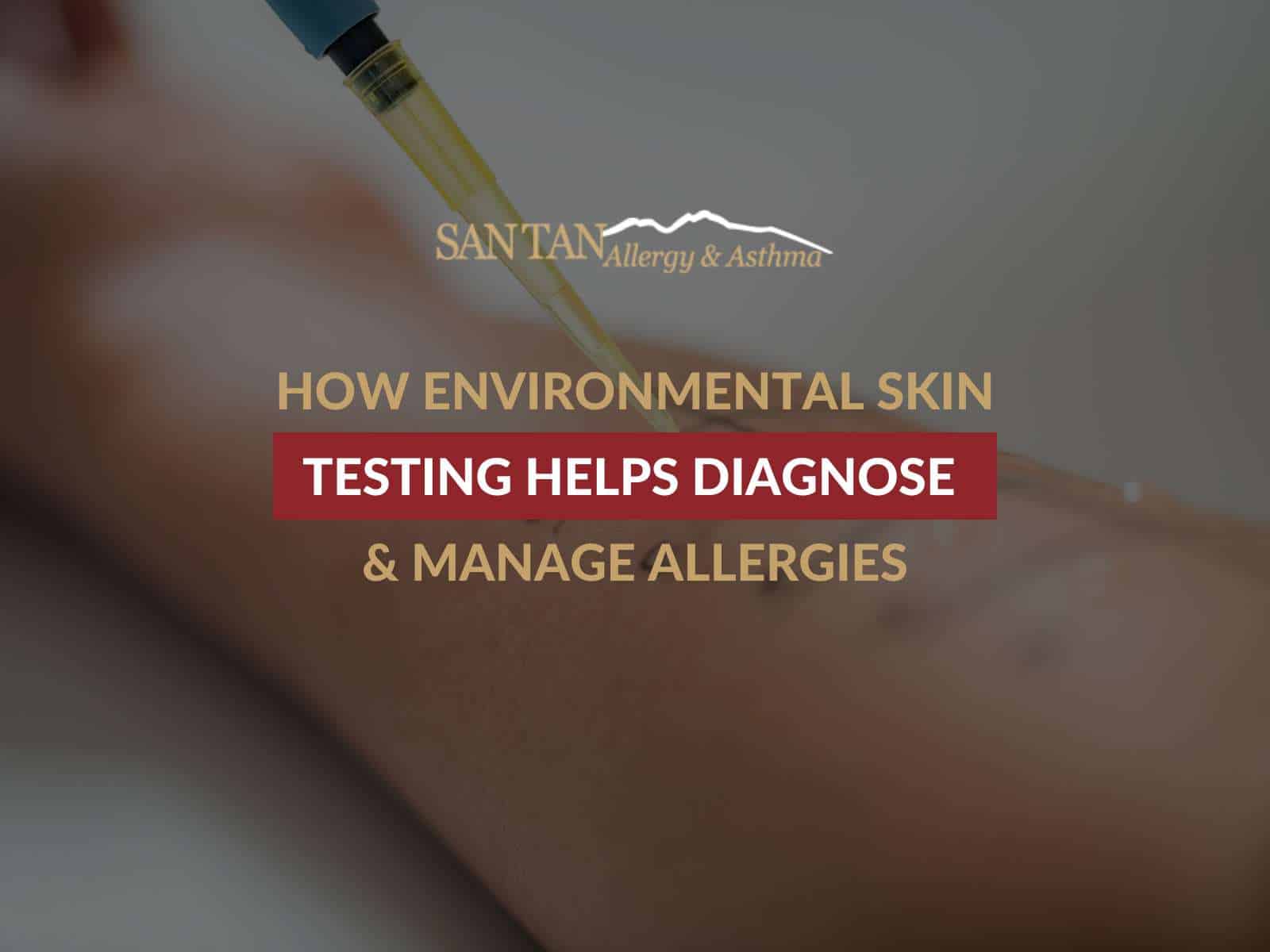Phoenix Allergen Immunotherapy
What are they?
Also known as “allergy shots” are prescribed for patients with allergic rhinitis (hay fever), allergic asthma or life-threatening reactions to insect stings. Immunotherapy is the only medical treatment that could potentially modify allergic disease. Some studies have shown that it may have a preventative role in allergic children, possibly preventing asthma from developing in some patients with allergic rhinitis. Immunotherapy would be considered for individuals who have moderate or severe symptoms not adequately controlled by environmental control measures and/or medications.
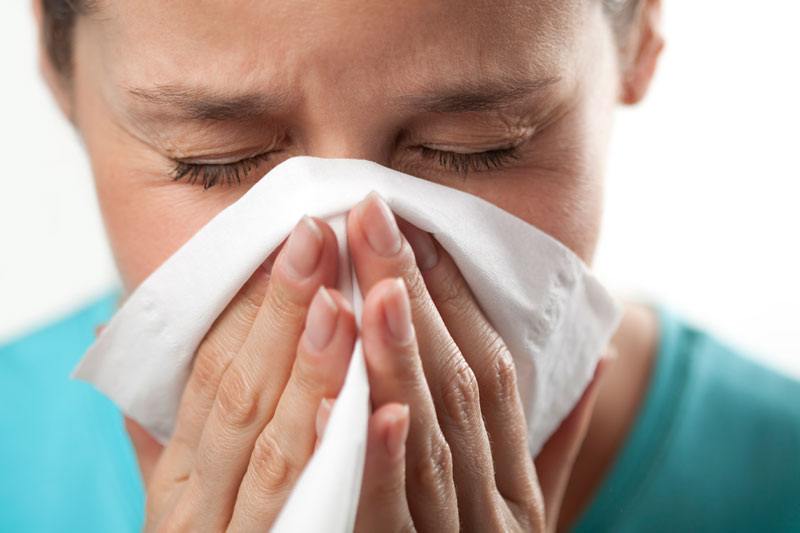
How effective are they?
Allergen immunotherapy (Allergy Shots) may “turn down” allergic reactions to common allergens including pollens, molds, animal dander and dust mites. In most cases, the initial 6-to-12-month course of allergy shots is likely to gradually decrease sensitivity to airborne allergens and continuation of injections leads to further improvement. The injections do not cure patients but diminish sensitivities, resulting in fewer symptoms and use of fewer medications. It is important to maintain shots at the proper time interval; missing your shots for a short time may be acceptable but an appropriate adjustment in the dose of vaccine may be necessary for long lapses in injections. Please see us if you miss receiving your injections for longer than what is recommended for your current vial.
What are the benefits?
The benefits of immunotherapy can be appreciated early in the build-up phase but may take as long as one year on maintenance. Failure to respond after one year on maintenance therapy warrants further evaluation and possibly discontinuation of treatment. Successful maintenance treatment is generally continued for 3 to 5 years. The decision to stop immunotherapy will be discussed after 3 to 5 years of treatment. Some people may experience lasting remission of their allergy symptoms after discontinuing treatment. Others may relapse after discontinuing immunotherapy, some will have a slight increase in symptoms controllable with medications, and others may require resumption of allergy injections in time. You will be re-evaluated periodically while on injections; changes in the allergen vaccine or injection schedule may be necessary to obtain optimal results. Once a year a serum review will be done during a visit with the provider to evaluate making a new serum for the following year. Serums must be remade every year.

Allergy Injection Build-up and Maintenance Schedule
When you are starting injections for the first time there are two ways that you can begin: the traditional build up or the cluster immunotherapy (shots). In order to cluster, your provider must give his or her consent, and they will discuss this with you if they think you, are a candidate. After the initial build up phase you will begin the maintenance phase.
✔ Traditional Build-Up
In traditional build up, for the first 12 injections you can come once or twice a week with at least one day in between. If you come twice a week you could complete this section in 6 weeks. For the next 13 injections you may only come once a week. The traditional build up can be completed in a total of 19 weeks as long as you have not had any problems or missed any shots. When you have reached the top dose, you will go every other week for two weeks then maintain at once every 3-4 weeks. Most patients are on shots for 3-5 years.
✔ Cluster Build
This is more of an advanced schedule. Each time you come in we will increase the dose 3 times at 30-minute increments. Because of this rapid advancement, you will need to see the provider each day before starting your cluster injections. Clusters are only done in the very beginning of the buildup schedule. You can do 4 clusters at weekly intervals. Once you have finished the 4 clusters, you still need to get 10 additional weekly injections from the traditional schedule until you have reached maintenance. With the cluster schedule it is possible to reach maintenance in 14 weeks. And just like the traditional schedule, you will then need to go every other week for two weeks then once every 3-4 weeks for the duration of your treatment.
✔ Maintenance Phase
This phase begins when the effective therapeutic dose is reached. The effective therapeutic dose is based on recommendations from a national collaborative committee called the Joint Task Force for Practice Parameters: Allergen Immunotherapy: A Practice Parameter and was determined aqfter review of a number of published studies on immunotherapy. The effective maintenance dose may be individualized for a particular person based on their degree of sensitivity (how “allergic they are” to the allergens in their vaccine) and their response to the immunotherapy build-up phase. Once the target maintenance dose is reached, the intervals between the allergy injections can be increased. The intervals between maintenance immunotherapy injections generally ranges from every 2 to every 4 weeks but should be individualized to provide the best combination of effectiveness and safety for each person. Shorter intervals between allergy injections may lead to fewer reaction and greater benefit in some people.
At San Tan Allergy & Asthma, we offer allergy shots as a long-term treatment option for the management and potential cure of allergies.
Allergy shots have been an option for treating allergies since allergies were first described over 100 years ago. Allergy shots, also known as allergen immunotherapy (or “IT”), work by teaching your body to stop reacting in a negative way to the things that it may be allergic against. Allergen IT involves the injection of increasing doses of allergens under the skin in the back of the arm. When performed according to guidelines, it can be a very effective treatment for reducing allergy symptoms, working in about 80% of patients and resulting in allergy relief. Allergen IT is different from other treatment options in that it is a curative type of therapy that continues to work even after the treatment is stopped.
Read more about allergy shots here: English and Spanish Information
Allergen immunotherapy consent form: English and Spanish Forms

Why not allergy drops?
Although there are some practices that offer allergy drops as a “cutting edge” type of treatment for allergies, the physicians at San Tan Allergy & Asthma have chosen not to offer this type of treatment as it is not FDA approved and there is very little evidence to suggest that it is any more effective than placebo at treating allergic conditions. Although there are studies ongoing to determine if sublingual allergen immunotherapy (administering increasing doses of allergen under the tongue to reduce a person’s allergic sensitivity), they generally involve much higher doses of allergen than are administered through allergen drops. In other countries, sublingual immunotherapy involves the administration of allergen tablets under the tongue. It seems to be most effective in patients who have only one or two allergies rather than multiple allergies.
To read more about allergy shots visit one of the links below:
www.aaaai.org/conditions-and-treatments/library/allergy-library/allergy-shots-(immunotherapy)
www.acaai.org/patients/resources/allergy-injections/Pages/allergy-injections.aspx
IN THE NEWS
Recent Blogs By San Tan Allergy & Asthma
Food Protein-Induced Enterocolitis Syndrome (FPIES): A Complete Guide For Parents
Is your child showing signs of Food Protein-Induced Enterocolitis Syndrome (FPIES)? Discover how to diagnose, manage, and treat FPIES with expert care
Is It Possible To Prevent Peanut Allergies In Children?
Can peanut allergies be prevented? Discover new research on early peanut introduction & learn how to reduce your child’s risk of developing peanut allergies
Soak & Smear: A Pediatrician-Recommended Eczema Treatment For Kids
Looking for an effective eczema treatment for your child? The soak & smear method soothes flare-ups and restores the skin barrier—pediatrician approved.
How Environmental Skin Testing Helps Diagnose & Manage Allergies
Struggling with allergies? Skin Testing can identify triggers & help you manage symptoms effectively. Learn how this test can improve your allergy treatment
Visit us at any of
our locations
Gilbert Location
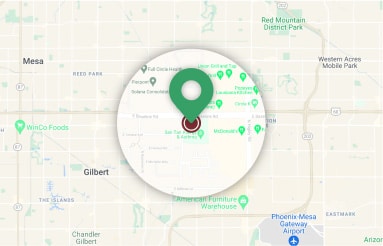
4915 E. Baseline Road, Suite 112
Gilbert, AZ 85234-2966
Monday-Thursday: 8:00 am – 5:00 pm
Friday: 8:00 am – 3:00 pm
Payson Location
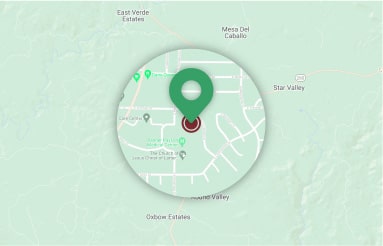
Allergy Injection Hours
Monday
8:00am – 4:20pm
Tuesday
8:00am – 4:20pm
Wednesday
8:00am – 4:20pm
Thursday
8:00am – 4:20pm
Friday
8:00am – 2:20pm
Closed: Saturday & Sunday
Medical Records Department
Billing Information
Contact Us | Get Scheduled
Schedule an Appointment
Welcome to San Tan Allergy & Asthma and thank you for choosing our practice! Please provide your contact information here to schedule a New patient appointment at one of our locations and one of our front office staff members will call you within the next business day to assist you. We look forward to treating you and hope we can help you!
